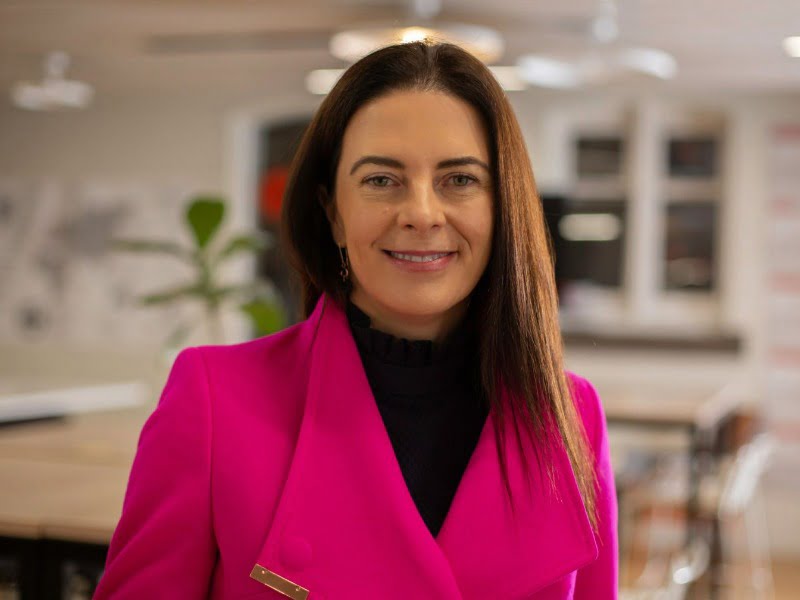Australia’s national science agency will invest $50 million over five years to develop technology combating significant national challenges.
The four new research programs come under CSIRO’s Future Science Platforms (FSPs), now worth $200 million. The FSPs will focus on revolutionary energy storage systems, permanent carbon locking, immune resilience, and advanced engineering biology.

CSIRO chief scientist Professor Bronwyn Fox said that bringing together industry and science presented a great opportunity for innovation.
“CSIRO’s Future Science Platforms are a big part of our strategy to stay at the forefront of discovery. They are a critical part of the way we do science – they are our investment in cutting-edge, transformative research where we push the boundaries of science and lean into the seemingly impossible,” Professor Fox said.
“The foundational research that these four new Future Science Platforms will undertake will pave the way for innovations and catalyse new industries that will help us to better manage our health, food security, natural resources and environment in the decades to come.”
The director of the Revolutionary Energy Storage Systems FSP Dr Adam Best said the research was needed to make charging electric vehicles as easy as filling petrol tanks, or keep devices charged over many days. He also added that “on a larger scale, it could even be mimicking pumped hydro through new technology and making it more responsive to the needs of the grid.”
According to the Permanent Carbon Locking FSP director Dr Andrew Lenton, this project will focus on novel solutions to removing carbon dioxide from the atmosphere and permanently storing in. Dr Lenton said there is the potential for the technology to underpin new industries and reshape existing ones.
Owing to the emphasis on immune-based technologies in recent years, Immune Resilience FSP interim director Dr Tim Doran said there are a number of BioTech opportunities if Australian research builds on the momentum. He said research should focus on enhancing immune resilience in humans and animals.
Regarding the Advanced Engineering Biology FSP, interim director Dr Colin Scott said that new tools for biological design and prototyping would be a boon for generating new goods and services.
“This research will help deliver the 50,000 jobs and $30 billion a year that have been identified in the CSIRO Synthetic Biology Roadmap,” Dr Scott said.
“This is a really exciting time for the bioeconomy in Australia. We are seeing significant growth in start-ups and in the wider innovation ecosystem. Increased investment in this research area will help ensure that Australia is a world leader in engineering biology.”
CSIRO’s FSP initiative was launched in 2016 to tackle Australian national challenges and now supports 20 unique research programs.
Earlier this year, CSIRO researchers published a paper on an innovative vaccine storage and transport that extends its lifespan without the need for refrigeration.
Do you know more? Contact James Riley via Email.

